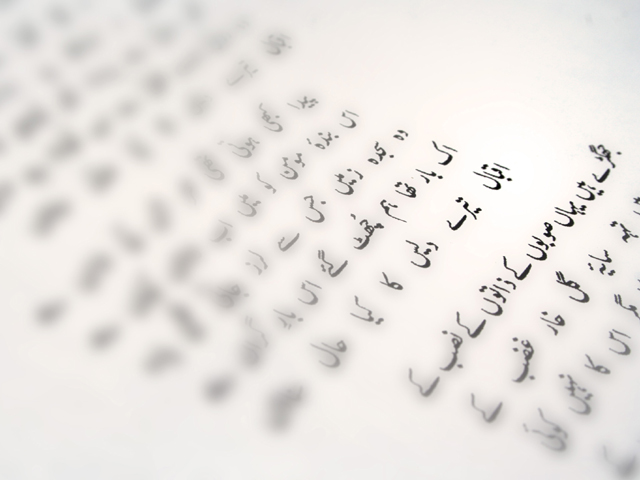
ISLAMABAD: Pakistan came into being as a result of the struggle of the people of its federating units. But soon after its creation, the cultures and languages of the same units became a perceived threat to the country or so its rulers thought.
And talking about the indigenous distinct cultures and languages was considered to be tantamount to negation of the state.
Punjab subscribed to this ‘narrative’ more than any other ethnic identity. It continues to do so even today -- religiously. Mothers have stopped speaking Punjabi to their children for fear of spoiling their children’s ‘accent’. Schools have chosen to ignore it for being a ‘rustic’ language that does not have the potential to handle any academic discipline.
This is how, in a rare appearance, the Lahore-based reclusive poet and intellectual Mushtaq Soofi summed up the issue of the Punjabi language while speaking to a select gathering of writers and poets at the Writers’ House of the Pakistan Academy of Letters on Saturday evening.
While narrating the history of the language and the need for its inclusion into education system as a compulsory subject, he said “talking about one’s language is no longer a threat to the national identity as it used to be from the creation of Pakistan till the late eighties.”
Soofi, Punjabi Adbi Board Chairman, has been actively working for the revival of the Punjabi language since early seventies when, he recalled, people talking about regional languages were considered as traitors.
Clad in soothing black Shalwar Qameez, the calm-looking Soofi spoke for over two hours without forcing his argument and encouraging the participants to suggest ways to bring home this message to parliamentarians who can legislate for the inclusion of the language in syllabi as a compulsory subject.
He, speaking eloquently and in mild tone, narrated the history of the ‘land of seven rivers’ (Rivers Hakra and Bias included) which later was named after five rivers that flowed through it.
Negating the impression that Punjabi is not the language of the whole province as there are distinct dialects such as Saraiki, Potohari and Multani etc, he said that Punjabi is the name of that literary tradition that evolved over one thousand years having words from all the dialects spoken within the land.
He also said that any language that does not allow its dialects to flourish cannot survive. He gave the example of the Sanskrit language which despite all its grandeur died out because its custodians tried to keep it as a homogeneous entity.
There is a realisation both among the people and the rulers that having more than one official languages do not necessarily mean the negation of a nation’s identity.
The Constitution also allowed the federating units to choose a language alongside Urdu and English. The Sindh province chose Sindhi as its co-official language, others did not.
The narrative was so strong in the Punjab that people still do not fully comprehend the loss by not teaching it to or interacting with their children. The sad part is that there is no sense of loss, Soofi remarked.
Having more than one language does not pose any threat to the ‘oneness’ of any nation-state, he said while referring to India which has at least 26 official languages while Switzerland has as many as four.
At the same time, one language does not guarantee a strong state, he asserted.
Languages are a social and political question and it can only be resolved by political means, he concluded.
Published in The Express Tribune, May 5th, 2014.






















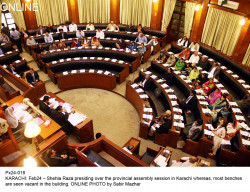
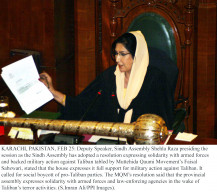
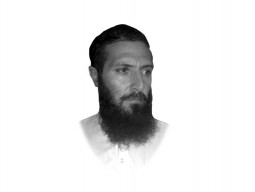


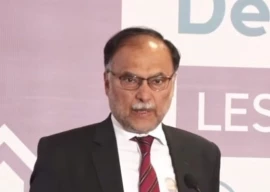

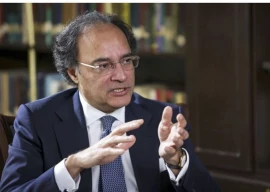























COMMENTS (1)
Comments are moderated and generally will be posted if they are on-topic and not abusive.
For more information, please see our Comments FAQ